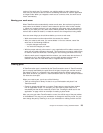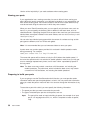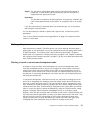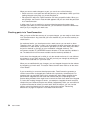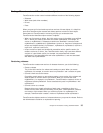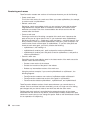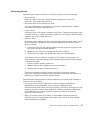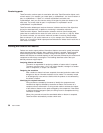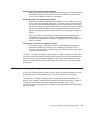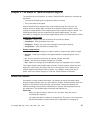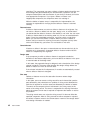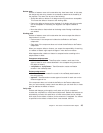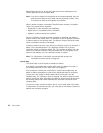Versioning drivers
TeamConnection creates new versions of drivers whenever you do the following:
v Create a driver
When you create a new driver, TeamConnection makes two versions of it:
myDriver:1, for example and myDriver:2.
v Add a work area (driver member) to a driver
If you add myWorkArea:1 to myDriver:2, for example, TeamConnection creates a
new version of myDriver called myDriver:3.
v Freeze a driver
Freezing a driver is like taking a snapshot of the driver. It preserves the parts as they
are when the driver is frozen. If you freeze myDriver:3, for example, TeamConnection
creates a new version called myDriver:4.
v Refresh a driver
Refreshing a driver updates the driver with all changes that have been made in all of
its driver members. Refreshing a driver actually creates two new versions of the
driver, as follows:
1. Freezes the driver (so that TeamConnection can have a point to roll back to if an
error occurs during the refresh operation).
2. Updates the driver with any changes from the driver members
3. Freezes the driver again, thus preserving a copy of the updated driver.
If the current version of myDriver is myDriver:2, for example, and the parts in its
driver members have been changed, then TeamConnection does the following when
it refreshes the driver:
1. Freezes myDriver, creating myDriver:3.
2. Updates myDriver with changes from its driver members.
3. Freezes myDriver again, creating myDriver:4.
The result of refreshing myDriver (version myDriver:2) is two new versions:
myDriver:3, containing a snapshot of the driver before the refresh, and myDriver:4,
containing a snapshot of the driver after the refresh.
TeamConnection deletes versions of drivers whenever you remove driver members or
commit a driver to a release.
v If you have a driver version myDriver:4 with driver members myWorkArea,
yourWorkArea, and ourWorkArea, and you remove myWorkArea, then
TeamConnection deletes driver versions myDriver:2, myDriver:3, and myDriver:4 and
creates a new driver version called myDriver:5 containing members yourWorkArea
and ourWorkArea. As a result, the family contains two versions of the driver,
myDriver:1 and myDriver:5.
v When you commit a driver to a release, all intermediate versions of the driver
(resulting from driver member add, driver freeze, driver refresh, or driver member
remove operations) are deleted.
Chapter 3. The basics of using TeamConnection 37



